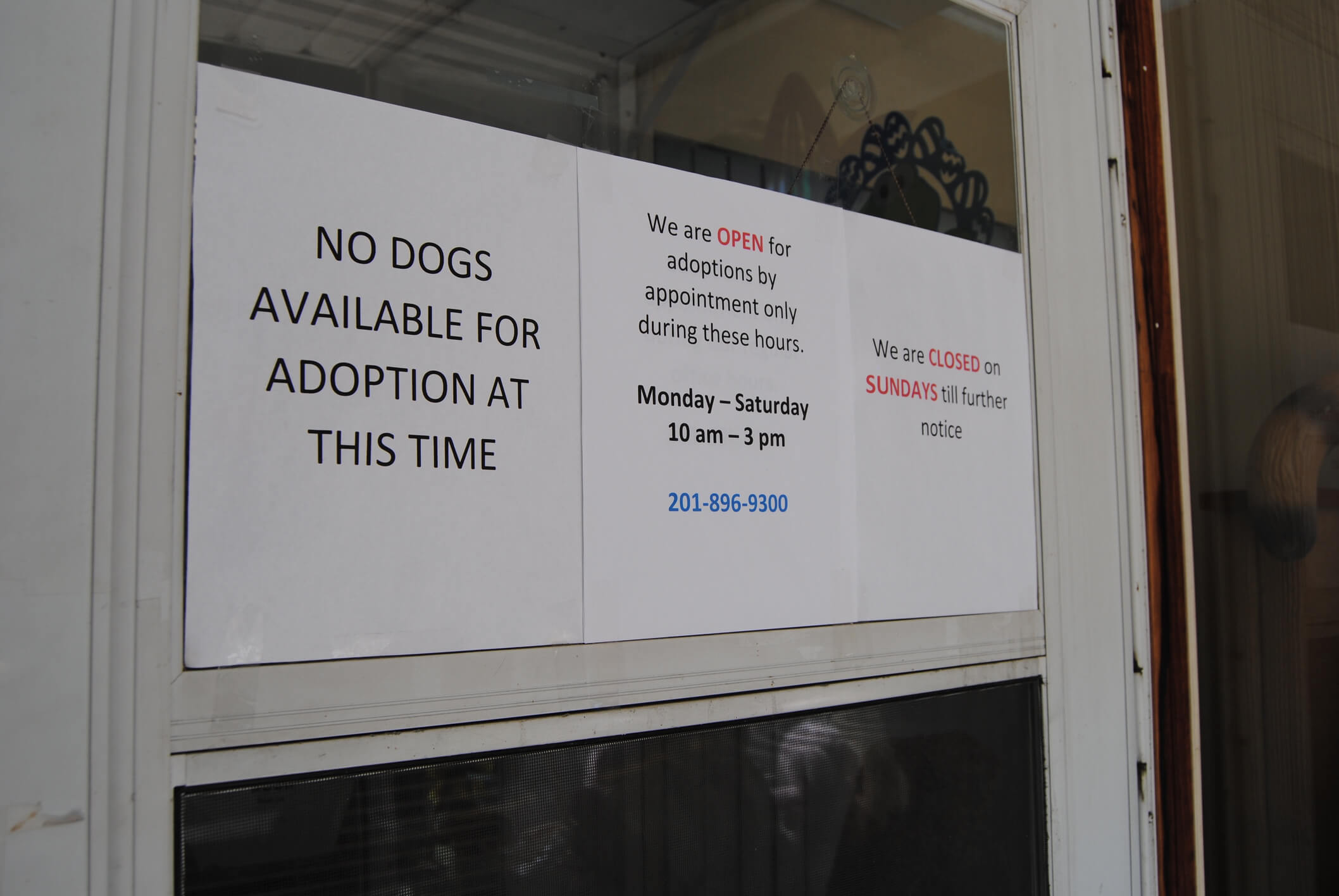
The global pandemic had a significant effect on nearly every aspect of our society including pet adoptions. For shelter animals in the United States, the pandemic brought on a rush of adoptions for people who were going to have to quarantine at home and who needed companionship. However, around the world, the outcome for animals wasn’t as kind. This year has certainly changed the way animal adoptions work and has given insight into how to build a better support system for animals around the globe.
Changes to Adoption in the U.S.
A rush of adoptions in March as much of the nation prepared for a shutdown was heartening as many shelters were cleared of all their animals. According to an article on CNBC, shelters in New York and Los Angeles experienced a 70% increase in applications for foster care in March over the usual number. However, for those animals still in the shelter, the process of getting adopted had more challenges because of social distancing mandates.
The adoption process changed for many shelters as they found new and innovative ways to connect animals with potential adopters. Technology took the forefront as shelters that had to close to the public, took to virtual visits on Facebook live, Zoom, and other video conferencing platforms. According to an article on cnet.com, social media has been a highly effective tool in placing animals. Featuring an adopted animal on Facebook or Instagram helped garner interest for adoption of that animal, but others as well.
As restrictions started to lift, some shelters were able to open up by appointment only to keep social distancing regulations in place. Outdoor visits, wearing masks were put into place and were also effective ways to encourage adoption.
Global Pet Problems
While American shelters were successful with an influx of pet adoptions and foster families, shelters across the globe didn’t see the same results. According to EcoWatch, animals in other countries were often abandoned as their owners died or were unwilling to keep them. In some cases, early on the pandemic, people abandoned pets thinking they could transmit Covid.
Transferring animals from one nation to another for adoption is a practice that has helped animals in need, however, this practice was paused during Covid. This led to a number of animals from other countries unable to be adopted.
Solutions to Animal Homelessness
Both in the U.S. and globally, as humans struggle, so do their animals. Evictions are on the rise in the states as protections provided in the first round of Covid 10 relief expires. This is an issue in other countries as well. In addition, people who are unemployed or underemployed as a result of the pandemic might surrender or abandon animals because they simply don’t have enough resources.
The SPCA of Richmond addresses the underlying issues of animal homelessness in a blog on their website. SPCA of Richmond says that shelter diversion programs and prioritizing adoptions are key to preventing animal homelessness. Some of the programs they have to help minimize the strain on pets’ families are low-cost spay and neutering, pet food assistance programs, temporary low-cost boarding, and more. In addition, educating the public on the importance of adoption over purchasing animals is also important to preventing homelessness and reducing business for puppy mills.
More reliance on technology and more creativity for matching pets and families certainly kept animal shelters busy in 2020, however, they rose to the occasion to help place record numbers of pet adoptions.
